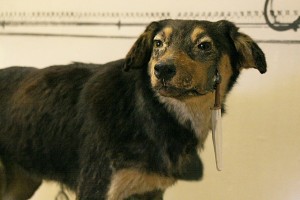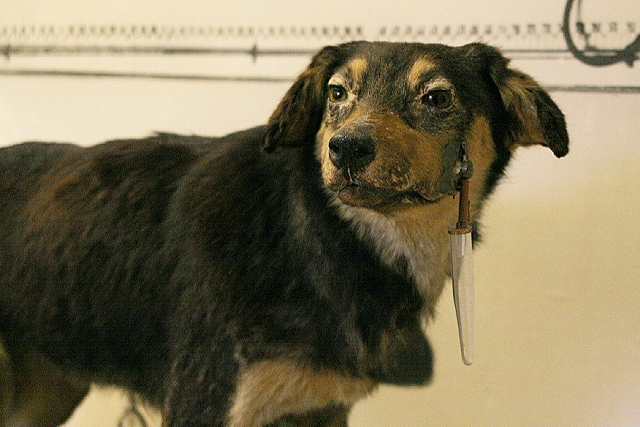This morning I woke up before the rest of my family. We’re in a hotel in Switzerland, on a ski holiday. Switzerland isn’t that far from our home in Holland, but I know that I’m a lucky guy. My life has improved substantially since sitting in a cell in Thunder Bay, Ontario, waiting to get bailed out (after raiding a pharmacy with a motion detector). So I snuck out of the room, trying not to wake anybody else. But of course one kid started coughing and the other went to pee, by which time Isabel was frowning at me in her first moments of wakefulness. Was I being too noisy?
Anyway, I’m feeling a bit disoriented. Vacations are nice, but I find it hard to just….um….relax. So I get to the lobby and boot up my computer and the first thing I read is a comment on one of the memoirs, by “jaqueline” (about 15 comments down this page). Now suddenly I’m not bored anymore, or preoccupied with petty things like wondering when the grandparents will come down for breakfast and whether I’m supposed to get back to the room to help the kids dress. Suddenly I’m with this person in the freezing cold – cold attacking her body from the outside and her soul from the inside – trying to figure out what she can sell to get a bit of heroin. Her mother offers to get her a hotel room but refuses to give her any money. And she thinks: what good is a hotel room without drugs?
I remember that feeling so clearly. Viscerally. Even though it’s been a long time for me. The need for drugs that attaches itself to you so thoroughly that every movement of your body, even turning over in bed, feels like you’re pulling against a second skin. There’s this dark sticky second skin that’s stretched around you, irritated, pulling away patches of your own skin with every move you make. I’m here. I want drugs. What are you going to do about it?
That old expression, “monkey on your back,” isn’t far off. But it feels bigger than a monkey and so much darker. And there’s really nothing else to do. That’s the point: there’s only one thing to do and no other action has any point to it.
So you lurch out into the cold of early morning or late night, seeking, searching, there’s got to be a way. There’s got to be a sequence of steps. If I can only figure out where the path starts, I know, I just know, that there will be drugs at the far end.
That’s called compulsion. The drive to act, to do something, without thought or reason.
I promised last post to continue the model of addictive behaviour I was working on. I’ve been reading more neuroscience papers, and there is a final state in the sequence of states I outlined. A final stage that I think is applicable to most people and most addictions: When addiction tightens its grasp, impulse turns to compulsion, and that’s when you just can’t stop – or so it seems.
There’s a distinct neurobiological change when this happens. I have focused a lot of attention on the ventral striatum or nucleus accumbens. That’s where attraction and focus suddenly converge to create the impulse to go after the thing you crave. But the striatum has another whole subsystem within it, higher up in the brain, which we can call the dorsal striatum. When impulsive drug-seeking behaviour turns to compulsive drug-seeking behaviour, it’s the dorsal striatum that gets activated. This is a definite change in how the brain processes cues – and when I say cues I mean the thoughts, memories, withdrawal symptoms, or reminders out there in the world that call your attention to the thing you’re addicted to. Now, the action sequence, the set of steps, the behavioural response,  whatever you want to call it, is suddenly resonating, vibrating with life. You are plunged into action, forced into action by the wiring of your dorsal striatum. Much like Pavlov’s dog, who starts to salivate when he hears the bell. There’s nothing to think about, no more reflection on whether it’s worth it or not. You just have to act. Which means: you just have to get some.
whatever you want to call it, is suddenly resonating, vibrating with life. You are plunged into action, forced into action by the wiring of your dorsal striatum. Much like Pavlov’s dog, who starts to salivate when he hears the bell. There’s nothing to think about, no more reflection on whether it’s worth it or not. You just have to act. Which means: you just have to get some.
I’ll say more about compulsive addictive behaviour next post. For many experts in addiction neuroscience, compulsive drug-seeking is the definition of addiction, and it’s worth our attention. For now, I feel a bit compelled to get this post up. (I’ll probably revise it more later). Jaqueline’s story, so resonant with Janet’s memoir and so searing a reminder of my own crazy drug days, got my fingers going until this post was done.
Now I’ll go see what’s up with the family.

Leave a Reply to John Hill Cancel reply